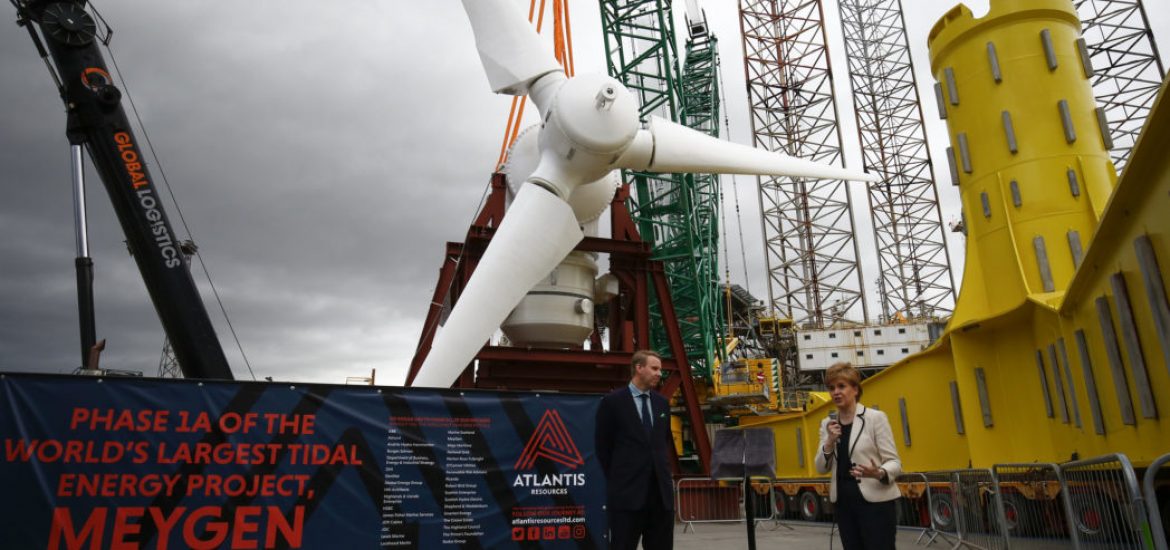
Scotland says it will miss its next climate target after failing to take urgent environmental action.
The Committee on Climate Change (CCC), which advises the UK and the devolved governments on targets and policies, warned that the Scottish government’s credibility would be damaged ahead of Glasgow’s COP26 global climate talks.
The United Nations negotiations have been billed as the most important since the 2015 Paris talks, which signalled one of the highest achievements of former US president Barack Obama. Nicola Sturgeon (pictured), Scotland’s nationalist first minister, who is buoyed by last Thursday’s electoral triumph for her Scottish National Party, has invested heavily in taking action against the climate.
The CCC said Scotland’s 2045 target for net-zero emissions was a “step-change in ambition” for Scotland.
Most of the rapid carbon emissions cuts achieved in recent years have been explained by the closure of coal-fired power plants at Cockenzie and Longannet.
The Edinburgh parliament was taking evidence from the Royal Society of Edinburgh which contributed to a report on Scotland’s energy future.
Rebecca Lunn, a Strathclyde University geoengineer, said significant investment and research and development was needed to create carbon capture and storage capabilities.
She said more than 80 per cent of energy consumed in Scotland came from fossil fuels and renewables were unlikely to meet demand. Lunn said: “That is a very, very large percentage of energy consumption that needs to be replaced with alternatives or the carbon needs to be captured.
“What we are faced with is where you need to double or maybe treble electricity generation if we don’t keep gas as a means of energy production. There are no really easy answers to this problem.”
Reducing demand through improved home insulation in the chilly nation and improving grid efficiency and battery development are expected to help cut energy use.
The CCC suggested ending sales of new fossil-fuel cars by 2030 and supporting low-carbon farming.
But electrifying transport is expected to double Scottish electricity demand.
The professor said: “It is not at all obvious the market can cope with that without relying on gas-fired power.
“The idea that technologically that production will just happen because we wish to consume it is not realistic.”
Gavin Little of the environmental law department at Stirling University told the parliament there needed to be a public discussion. “There is a need to move beyond technocratic and engineering style solutions to the issues and how we organise ourselves as a society to meet these shifts,” he said.
Nicola Sturgeon wants Scotland to lead the world in renewable energy. Picture credit: Flickr





